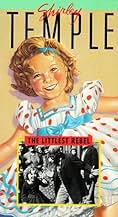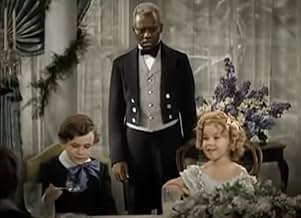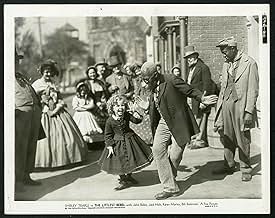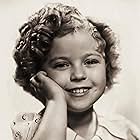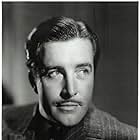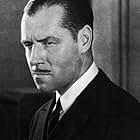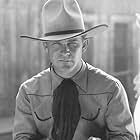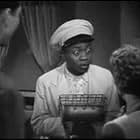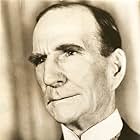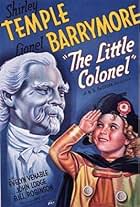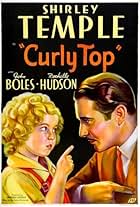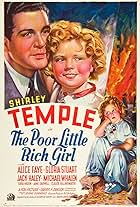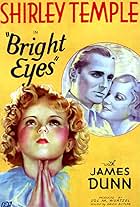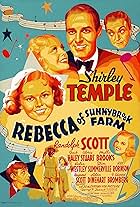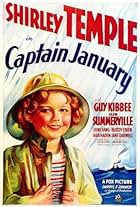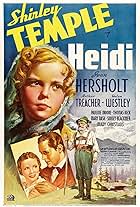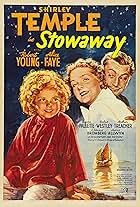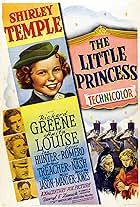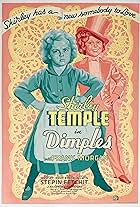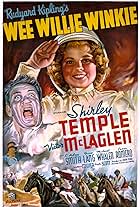Shirley Temple's father, a rebel officer, sneaks back to his rundown plantation to see his family and is arrested. A Yankee takes pity and sets up an escape. Everyone is captured and the off... Read allShirley Temple's father, a rebel officer, sneaks back to his rundown plantation to see his family and is arrested. A Yankee takes pity and sets up an escape. Everyone is captured and the officers are to be executed. Shirley and "Bojangles" Robinson beg President Lincoln to interc... Read allShirley Temple's father, a rebel officer, sneaks back to his rundown plantation to see his family and is arrested. A Yankee takes pity and sets up an escape. Everyone is captured and the officers are to be executed. Shirley and "Bojangles" Robinson beg President Lincoln to intercede.
- Sgt. Dudley
- (as Guinn Williams)
- Director
- Writers
- All cast & crew
- Production, box office & more at IMDbPro
Storyline
Did you know
- TriviaBoth John Boles and Bill Robinson nearly drowned while trying to cross a raging, 15-foot river for an escape scene that was cut from the film.
- GoofsWhen the Union soldiers are caught looting, the commanding officer orders them to be flogged. The US Army according to the "History of the United States Army" stopped flogging at the beginning of the Civil War in 1861--this scene is obviously later in the war as Union forces are occupying the south.
- Quotes
Virginia 'Virgie' Cary: [singing] Oh, I eat watermelon and I have for years. Sing Polly-Wolly-Doodle all the day! I like watermelon but it wets my ears. Sing Polly-Wolly-Doodle all the day!
- Alternate versionsAlso available in a computer colorized version.
- ConnectionsFeatured in Of Black America: Black History: Lost, Stolen or Strayed (1968)
- SoundtracksPolly Wolly Doodle
(1880) (uncredited)
Traditional
Modified Music by Sidney Clare (1935)
Modified Lyrics by Buddy G. DeSylva (1935)
Sung by Shirley Temple with Bill Robinson
Reprised at the end by Shirley Temple
The story is simple. Shirley T plays a little Southern girl named Virgie Cary a adorable moppet who seems to hold the social graces that would put Emily Post to shame. Because she is so cute and polite, everyone finds her irresistible. Oh! She is also a TERRIFIC tap dancer to boot! One sunny afternoon (April 12th) while she is celebrating her birthday, news flies in the door that Fort Sumter was fired upon and The War between the States has begun! Virgie is the child of Southern parents on a beautiful plantation with the happiest bunch of slaves that you ever seen---so we know what side her father will fight for.
Life for Virgie changes somewhat after that. Like any child in the Civil War, she misses her father who has gone off to battle. But Virgie has incredible spunk and bravery when she confronts the "Yankee" army and actually seems to want to do battle with them when some of the soldiers get mean with her and try to steal from her home and pushes her mother roughly down the stairs. Luckily, her bravery and stubborn pluck captures the heart of a Union Commander who later tries to help her father. When Virgie's mother is stricken with an illness and dies, her father is captured and the kind Union Commander is also implicated. There is only one person who can save them....Can Virgie charm the socks off of Abraham Lincoln in Washington D.C and get a reprieve for them? African American's will not view this movie favorably because it shows a preposterous view of the treatment of slavery. The slaves seemed so happy that they don't want to leave. The Cary's seem to be kind slave owners---the slave quarters are furnished tastefully like a roadside motel. There are no beatings or mention of abuses. Of course, there are dreadful black stereotypes like John Henry.
But the most interesting actor besides Shirley T is Bill "Bojangles" Robinson whom I consider one of the greats in tap dancing. Temple and Robinson enjoyed a very close friendship outside the studio. It was said when Temple saw Bill Robinson on a movie set, she had a mad compulsion to run up to him, take him by the hand, tug at him and look into his eyes and smile. When Bill Robinsonlooked down and saw her tugging at his hand, he couldn't resist her childish charm and smiled back at her. Temple maintained that "Uncle Billy" was the one adult who never treated her like a child but as an equal adult. Robinson said that Temple was one of the most talented young person when it came to dance--all he had to do was show her a routine twice and she picked it up immediately. Robinson also displayed a fatherly protective figure with Temple. A story was said that when Temple married John Agar, Robinson congratulated him but said "Be good to my little girl or I'll kill you" If you watch the interaction between these two on film, you could see Shiley Temple's eyes light up like a Christmas tree. I am sure that they felt some type of respect for each other off screen that carried into their outside lives. Relationships between black and white actors were not forbidden at that time but they were not encouraged. But we could say Temple and Robinson have been dubbed the first inter-racial couple on screen.
Despite the false picture of slavery, The Littlest Rebel entertains us thanks to the talents of Bill Robinson and Shirley Temple. There is a tap dancing scene halfway in the picture that can't be missed. Sure, the plot is campy and corny, and Shirley's sugar sweet demure is gut wrenching---but for some reason it entertains.
- NutzieFagin
- Feb 1, 2013
- Permalink
- How long is The Littlest Rebel?Powered by Alexa
Details
- Runtime1 hour 13 minutes
- Color
- Aspect ratio
- 1.37 : 1
Contribute to this page






